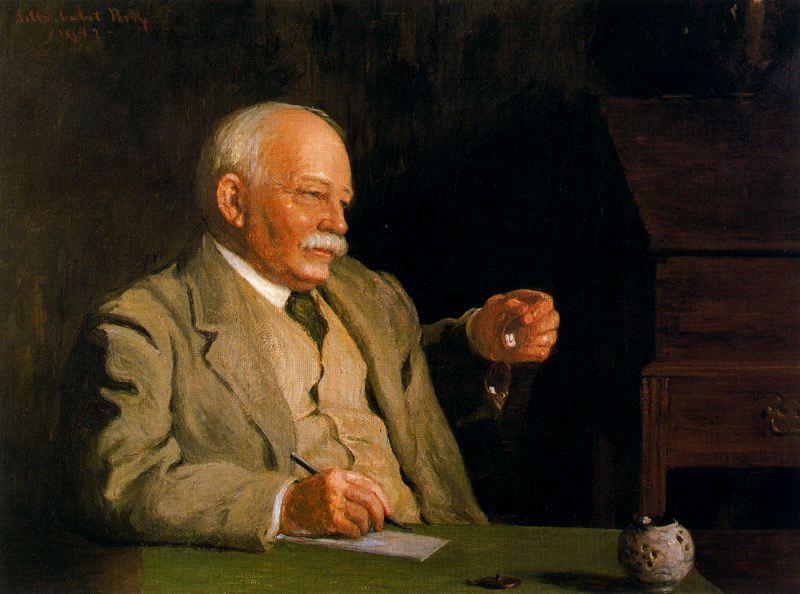
Ian McEwan appreciates brevity. According to Shelf Awareness, at a BEA breakfast Mr. Nobel-Prize-Any-Year-Now stood up and quoted Herodotus: “‘No man should speak longer than he can make love.’ So thank you very much.” And then he started to go back to his seat before he continued his speech.
So, in the spirit of Ian McEwan, and also because I’m extremely busy today, this will be a short post. You will have plenty of time to get back to reading ON CHESIL BEACH in just a moment.
One reason agents are such sticklers regarding queries is that, well, they write them too, only they’re not called queries. They’re called pitch letters.
When agents submit manuscripts to publishers they include a pitch letter, calling attention to the salient parts of a manuscript/proposal, the marketability, draws attention to how awesome the author is, and which basically hopes to persuade the editor to put the manuscript/proposal at the top of the pile.
Styles of pitch letters vary greatly from agent to agent and range from “Here’s the manuscript” to magnificent opuses that should be framed in a museum, but the basic function is the same — to get someone’s attention.
So, you see, agents know how hard it is to write query letters too — it’s part of their job description.
UPDATED 6/28/19
Need help with your book? I’m available for manuscript edits, query critiques, and coaching!
For my best advice, check out my online classes, my guide to writing a novel and my guide to publishing a book.
And if you like this post: subscribe to my newsletter!
Art: Lilla Cabot Perry, Portrait of William Dean Howells



How are pitch letters different from query letters? I’m guessing that you get to say “this book is great,” whereas a writer can’t say that. Any other differences?
It is definitely different writing about someone else’s work other than your own (and yes, you can brag much more about someone else’s book) — that’s probably the biggest difference. It’s also different that you know the editors.
Do you share your pitch letters with your clients? Thank you.
Hi Nathan,
Thanks for reaching out to the community of new writers. It is an awesome gesture.
My question is: if you submit a query letter to an agent and hear no response. How long do you suggest waiting before trying to contact another agent?
I’d be interested in seeing a pitch letter or two that worked for you. And it would also be interesting to deconstruct one that hasn’t, although I certainly understand if you don’t want to share that (because you’re still trying to sell the work, for example).
Ian
You know what? I’ve been wondering lately exactly how an agent approaches the editor with a manuscript. It is comforting to hear that agents have to sweat it out like we do with our query letters. If creates trust. Thanks.
I was going to say that you have an advantage over the author – you didn’t write the story and aren’t inside it or deeply emotional about it like an author.
That and having written more than one pitch letter makes the job a bit easier for an agent than an author. Not much easier, only a little,
I’d think it would be easier in some ways to write the agent’s pitch, since as writers we’re not only emotionally involved with our novel, we’re also not certain what agents are looking for. Agents have more of an objective outlook and know what certain publishers are looking for.
Plus, you guys probably see thousands of those query letters a month. After a little while you’ve probably got a laundry list of things that didn’t work to avoid.
Ok, that made me laugh. Thanks for the fabulous quote, Nathan. On the pitch letters, it would be pretty cool if you could show us an example. I am rather curious.
JDuncan
http://www.jimnduncan.com